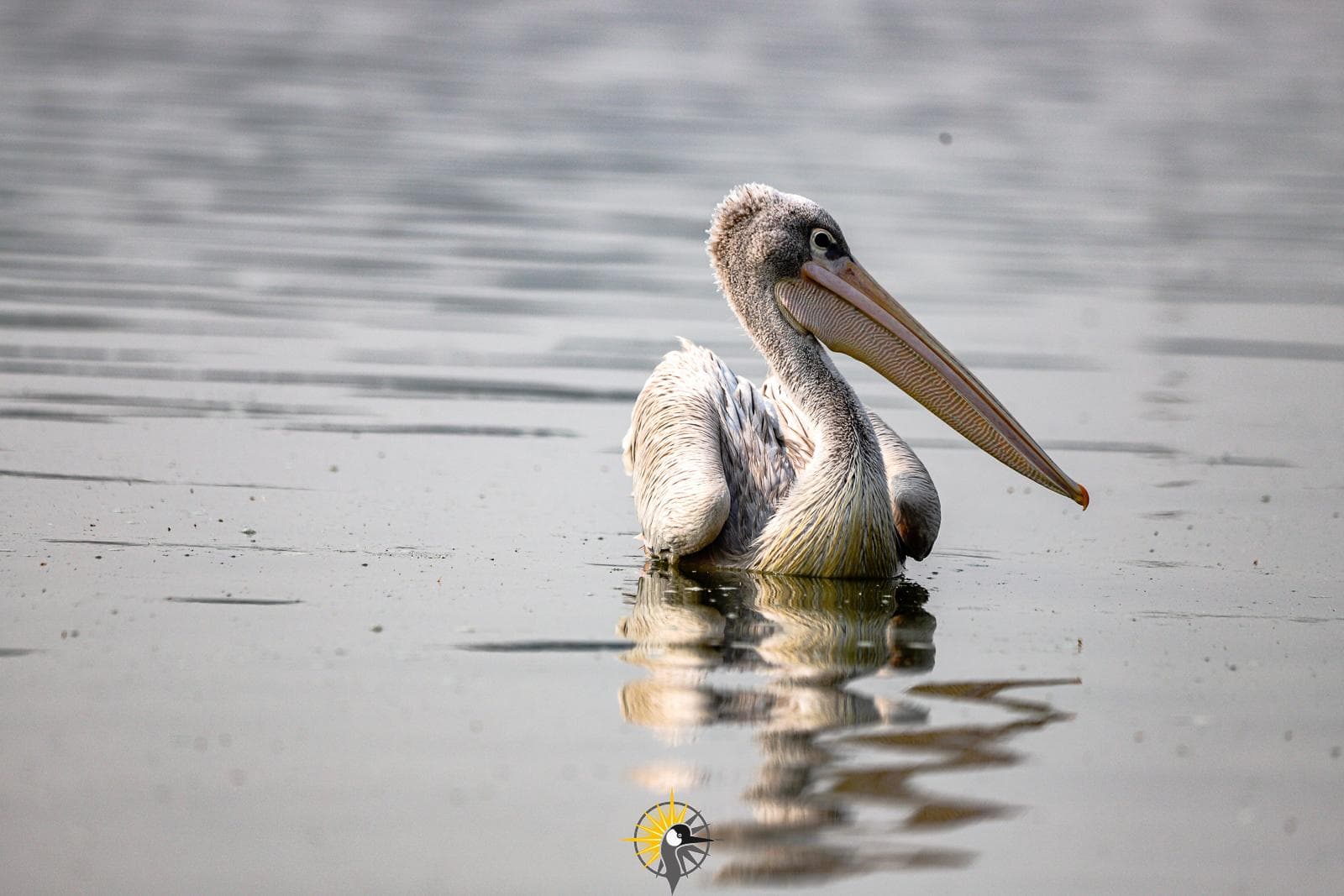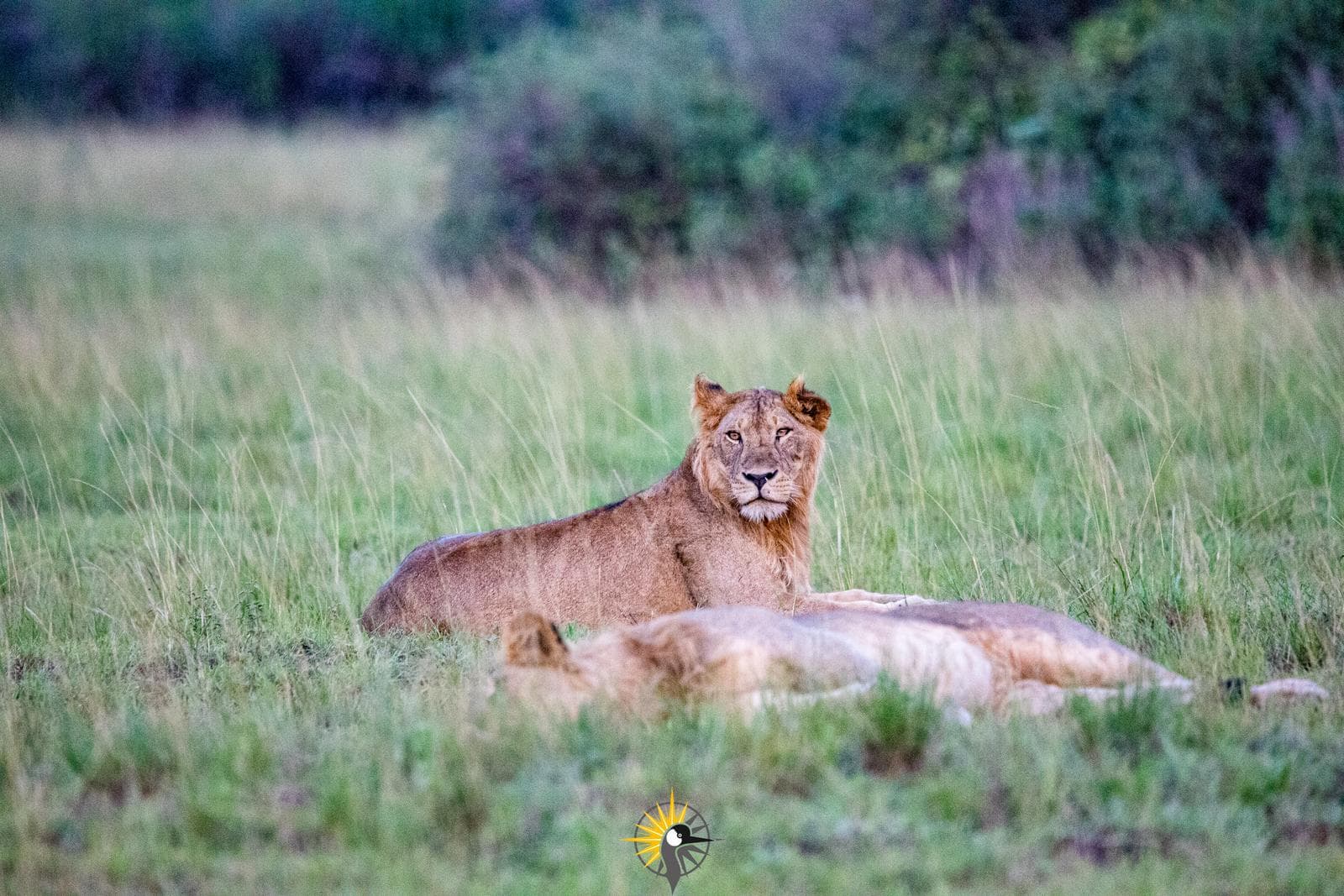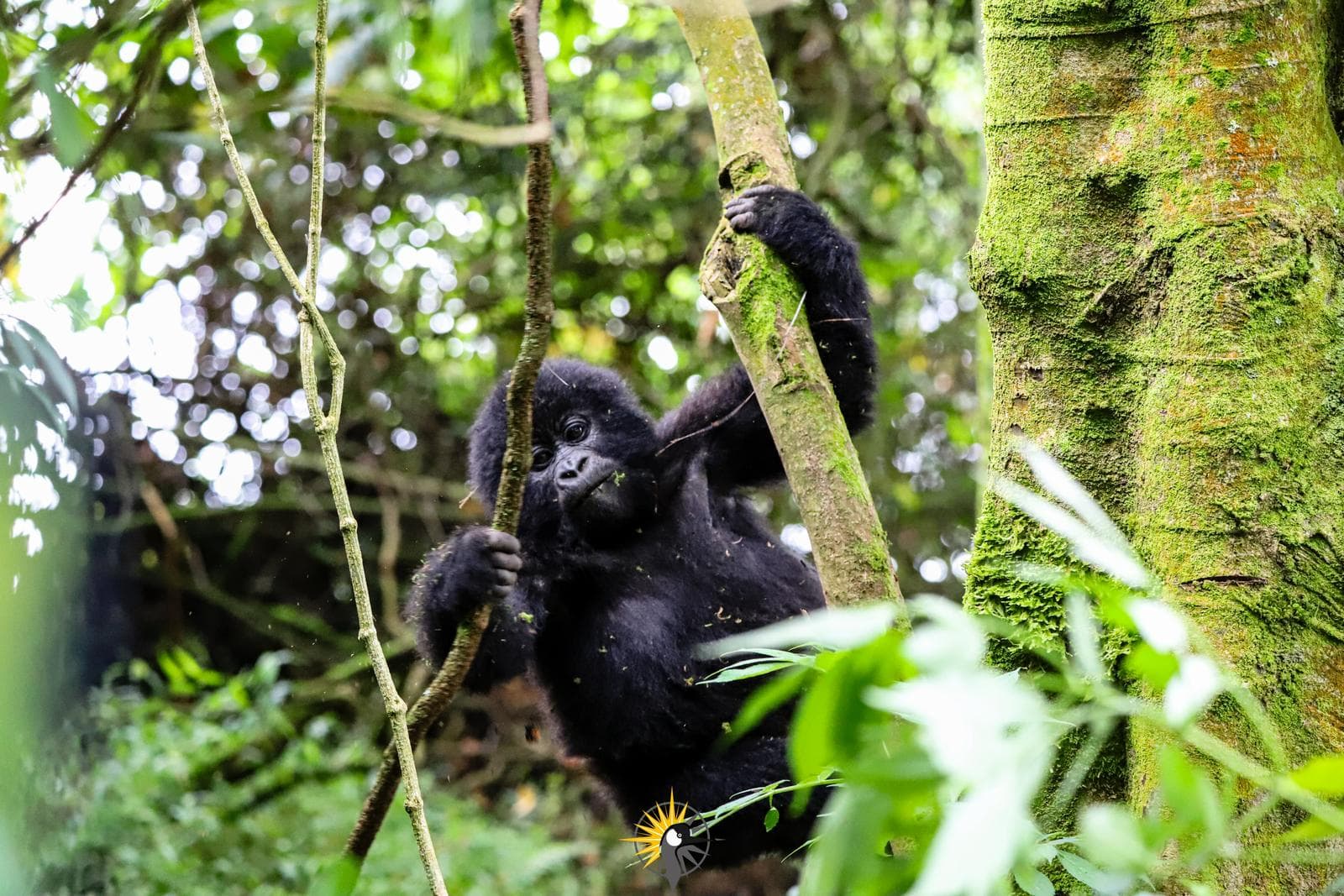Uganda is a land of breathtaking landscapes and one of the most biodiverse nations on the planet. Known as the “Pearl of Africa,” it is home to rare and unique wildlife, including the endangered mountain gorillas and chimpanzees. But while Uganda’s wilderness attracts travelers seeking adventure, its future depends on the dedication to wildlife conservation. For those who seek not just to explore, but to protect the natural world, eco-friendly safaris provide an opportunity to contribute to these efforts.
Planning an eco-conscious safari can make a world of difference. By choosing sustainable travel options, you help preserve Uganda’s wildlife for future generations and empower local communities. This article delves into the essence of wildlife conservation in Uganda and explains how your safari plays a vital role in protecting these precious ecosystems.
1. Uganda’s Rich Biodiversity
Uganda’s vast wildlife offers an extraordinary experience for nature lovers and adventurers. The country is home to more than 1,000 bird species, over 300 mammal species, and an incredible array of plant life. From the open savannahs to the dense rainforests, Uganda provides a sanctuary for wildlife.
- Gorillas and Chimpanzees: Uganda is one of the few places on earth where visitors can encounter the magnificent mountain gorillas and playful chimpanzees. The Bwindi Impenetrable National Park and Mgahinga Gorilla National Park offer world-renowned gorilla trekking experiences, while Kibale National Park is a haven for chimpanzee tracking.
- Big Game Safaris: Uganda’s savannahs, such as those in Queen Elizabeth National Park and Murchison Falls National Park, are home to classic safari species, including lions, elephants, buffalo, and leopards. Uganda’s landscape is also rich with lakes and rivers, providing habitats for hippos, crocodiles, and waterfowl.
- Conservation Hotspots: Beyond the famous parks, places like Ziwa Rhino Sanctuary and Rwenzori Mountains National Park are essential conservation hubs where critically endangered species are protected.
2. The Importance of Wildlife Conservation in Uganda
While Uganda boasts one of the most diverse ecosystems, the country’s wildlife faces increasing threats. Habitat destruction, illegal poaching, and climate change are just a few of the significant challenges. The survival of many species hinges on conservation efforts.
- Conservation Challenges: Uganda’s wildlife is under pressure due to deforestation for agriculture, human-wildlife conflict, and the illegal wildlife trade. These threats not only endanger species like rhinos and gorillas but also destabilize entire ecosystems.
- Conservation Solutions: To combat these challenges, Uganda has invested in wildlife protection through initiatives such as the Uganda Wildlife Authority (UWA), which oversees national parks and game reserves. Anti-poaching efforts have also been strengthened, with teams patrolling critical areas to prevent illegal activities. Community-based conservation projects have empowered locals to take an active role in protecting wildlife while benefiting from sustainable tourism.
- Key Success Stories: One of Uganda’s most remarkable conservation achievements is the increase in mountain gorilla populations. Through collaborative efforts with organizations like the UWA, the International Gorilla Conservation Programme, and eco-conscious tourism, these gentle giants have seen their numbers grow in recent years.
3. How Sustainable Safaris Play a Role in Conservation
A safari is not just an adventure—it's a way to contribute directly to the preservation of Uganda’s natural heritage. Choosing a sustainable safari means your trip has a positive impact on both wildlife and local communities.
- What is a Sustainable Safari?: Sustainable tourism focuses on minimizing the negative impacts of travel while maximizing the benefits to the environment and communities. This can involve using eco-friendly lodges, reducing waste, conserving energy, and supporting wildlife research and conservation programs.
- Benefits to Wildlife: Eco-friendly safaris help fund critical conservation efforts. The fees from park entrances, trekking permits, and sustainable lodges go directly into maintaining national parks, protecting wildlife habitats, and funding anti-poaching patrols.
- Supporting Local Communities: By engaging in sustainable tourism, you’re also supporting the people who live alongside Uganda’s wildlife. Safaris create jobs for guides, trackers, and lodge staff, while income from tourism contributes to local economies, reducing the need for harmful activities like poaching or deforestation.
4. Eco-Friendly Safari Practices at Musana Tours and Travel
Musana Tours and Travel is committed to offering eco-friendly safari experiences that blend adventure with conservation. Our efforts aim to minimize our environmental impact while maximizing the positive outcomes for wildlife and communities.
- Green Initiatives: Musana partners with eco-conscious lodges and camps that focus on sustainable operations. This includes energy-efficient practices, using solar power, reducing water waste, and sourcing food locally to lower carbon footprints.
- Partnering with Conservation Projects: Musana works closely with local conservation organizations, contributing to research and wildlife protection projects. A portion of the funds from each safari supports these programs, ensuring that your travel contributes directly to Uganda’s conservation goals.
- Responsible Tourism: Our safaris encourage responsible behavior among travelers, such as reducing plastic use, respecting wildlife, and avoiding disruptive behaviors. Musana educates clients on how their actions can make a difference in preserving Uganda’s natural beauty.
5. Your Safari Makes a Difference
When you book a safari with Musana Tours and Travel, you’re not just embarking on a remarkable journey; you’re actively participating in wildlife conservation. Here’s how your safari can make a tangible impact:
- Direct Contribution to Conservation: The fees you pay for permits and park entry go directly into funding anti-poaching units, maintaining wildlife corridors, and preserving national parks. Without this support, conservation efforts would lack crucial funding.
- Empowering Local Communities: Tourism plays a vital role in empowering local communities. By providing employment opportunities, income from safaris helps reduce dependency on activities that harm wildlife, such as illegal logging or poaching.
- Supporting Charity and Conservation Efforts: Musana Tours also supports various charity programs focused on education, healthcare, and conservation. Your safari helps fund initiatives that improve the lives of those living in proximity to Uganda’s wildlife, creating a better future for both people and nature.
6. Planning an Eco-Friendly Safari
For those ready to embark on an unforgettable adventure while contributing to wildlife conservation, planning an eco-friendly safari is the first step.
- Best Time to Visit: Uganda is a year-round safari destination, but the dry seasons from June to September and December to February are the best times for wildlife viewing and trekking. During these periods, animals are more easily spotted, and conditions are ideal for exploring national parks with minimal environmental disruption.
- What to Expect on a Conservation-Focused Safari: Unlike traditional safaris, eco-friendly safaris emphasize education and sustainability. You’ll have opportunities to learn about ongoing conservation efforts, participate in activities that support wildlife research, and engage with local communities.
- Packing Tips for Sustainable Travel: Be sure to pack eco-friendly items like reusable water bottles, biodegradable toiletries, and solar-powered chargers. Avoid single-use plastics and choose sustainable clothing and gear made from natural or recycled materials.
Conclusion
A safari in Uganda is not just a journey into the heart of Africa—it’s a step towards preserving its wildlife for future generations. By choosing an eco-friendly safari with Musana Tours and Travel, you directly contribute to the conservation of endangered species, support local communities, and ensure that Uganda’s natural beauty thrives for years to come.
Ready to make a difference while exploring one of the most incredible destinations on Earth? Contact Musana Tours and Travel today to plan your eco-friendly safari and be a part of Uganda’s conservation success story!
0 Comments
Write your comment
Top safaris

21 Days Epic East Africa safari, gorilla trekking in Bwindi, Big Five safaris and Zanzibar Beach escape

6 Days Uganda wildlife and gorilla tracking budget tour

7 Days Mountain and Lowland Gorilla Tracking in Rwanda and DR Congo.
News and Updates

Birding in Queen Elizabeth National Park, A 7-Day Adventure with Musana Tours & Travel
Discover birding in Queen Elizabeth National Park on a 7-day guided safari. Spot shoebills, pelicans & raptors with Musana Tours & Travel.
Read more
Gorilla trekking vs chimpanzee tracking, which should you choose?
Gorilla trekking vs chimpanzee tracking in Uganda—compare experiences, costs, and best parks to choose the perfect primate safari adventure.
Read more
Best time to visit Uganda for wildlife
Discover the best time to visit Uganda for wildlife, from gorilla trekking to savannah safaris, with expert seasonal insights from Musana Tours & Travel.
Read more
